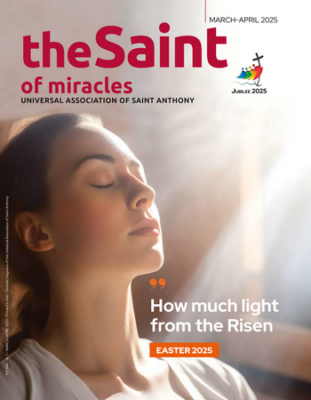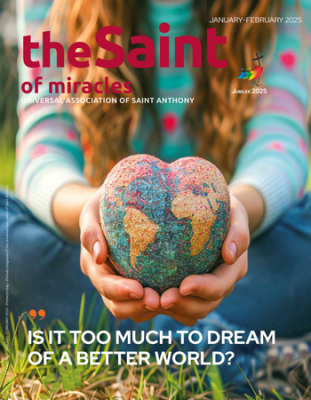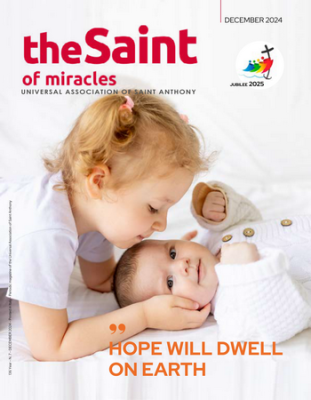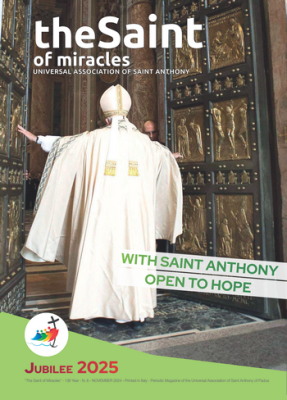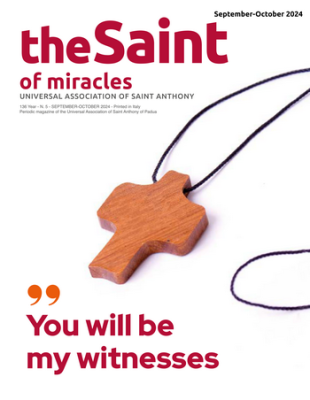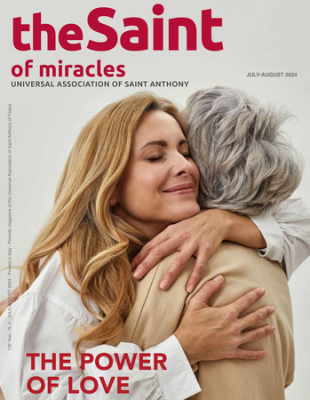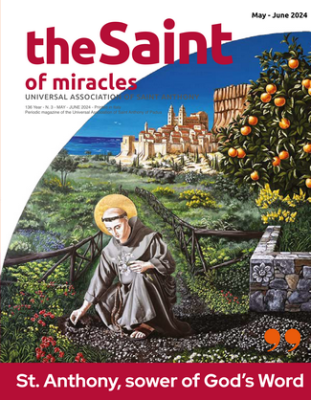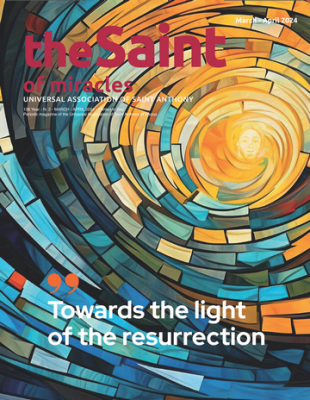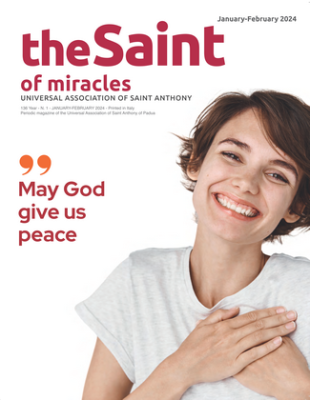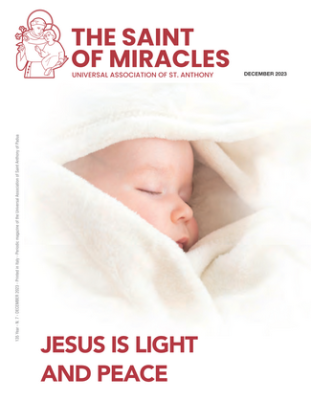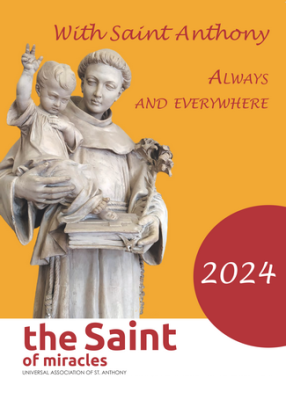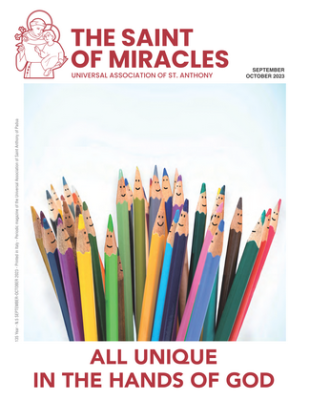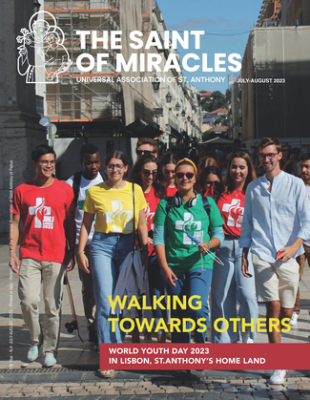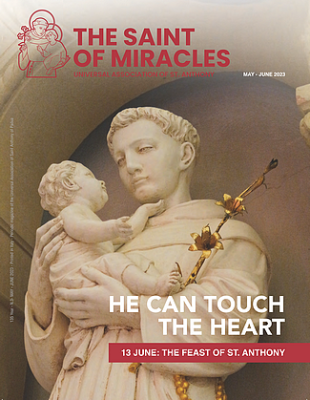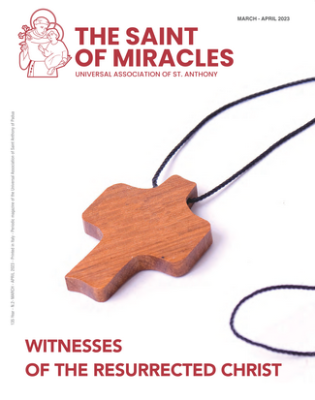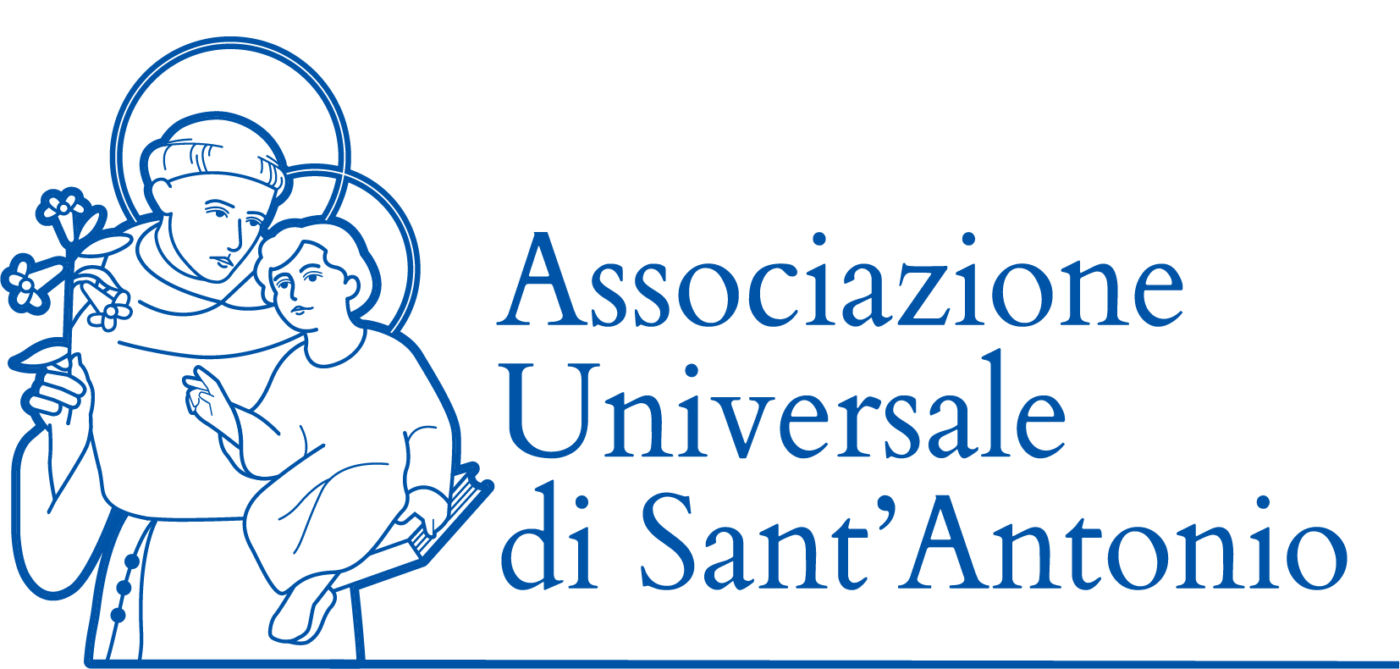Year 131 - February 2019Find out more
Together until the end
Fr. Livio Tonello, director
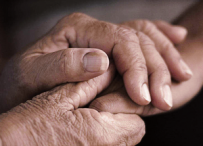
When a person feels bad, people flock. A solidarity race is launched to provide help. Then the ambulance arrives and the paramedical staff takes care of the case. In a few decades, medicine has made great strides and has greatly increased life expectancy. Many diseases, once incurable, are no longer scary today. But are medical care sufficient? The expressions that Pope Francis used at the meeting on “end-of-life” (November 2017) organized by the “Pontifical Academy for Life” are significant: «The categorical imperative is to never abandon the sick. [...] This is where, more than anything else, we are called to show love and closeness, recognizing the limitations that we all share and showing our solidarity». As important as “care” is “the attitude of care”.
I mentioned it in the December editorial referring to the care God the Father manifests to his creatures. We can talk about it now, on the occasion of the World Day of the Sick (11 February, the feast of Our Lady of Lourdes), with reference to our fellow human beings, especially in the moment of suffering and illness.
Care is not only physical, medical and psychological, but also involves respect, closeness, acceptance, and silence. The patient is a person, with his own dignity, and continues to be so in every condition. No patient can only be the object of treatment. Because the dignity of life and the meaning that emanates from it cannot be diminished. It is the value and meaning of his/her life that must guide the care and attention of those who accompany him/her within the mystery of suffering. There is a “taking care” of the person who must accompany every clinical intervention. A closeness that lasts until the end, until the act of dying. Because death is also a human act, so it has a meaning and must be lived with human awareness.
The Pope says: «not adopting, or else suspending, disproportionate measures, means avoiding overzealous treatment. [...] Consequently, it is morally licit to decide not to adopt therapeutic measures, or to discontinue them, when their use does not meet that ethical and humanistic standard that would later be called “due proportion in the use of remedies”». It is not an invitation to tend towards “sweet death”: as if death could be sweet...
The proportionality of the treatment reminds us that the sick person is an objective, not an object. This too is care, attention, respect for the individual life. But it should be remembered that the use of therapy is not more important than the consolation of having a presence next to one’s own hospital bed; than the handshake of a family member who says “I’m here”; than the whispers that accompany the long hours of the night... Small gestures of proximity to sustain life and maintain dignity even in times of weakness. The pain remains a mystery even in the face of the greatest faith and finds light only in the crucified one and in fraternal contact. Not even Jesus died alone. The drama of those who are sick is feeling alone, abandoned, rejected.
To the tragedy of pain is often added to the anguish of loneliness. Almost a double, undeserved condemnation. Life (and death), on the other hand, require much more. Yes, even death, which is part of life, as the last irrevocable act of which we must not be afraid. For us Christians, seen in the light of Christ’s resurrection, it is the passage that opens to Life.


 Italiano
Italiano Français
Français
